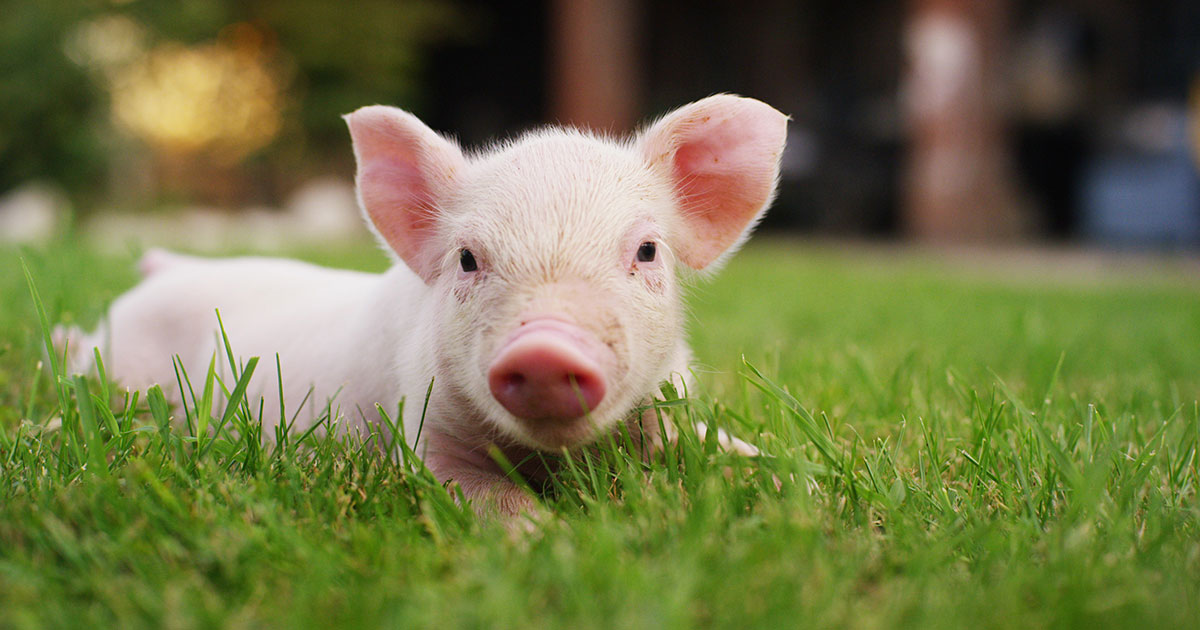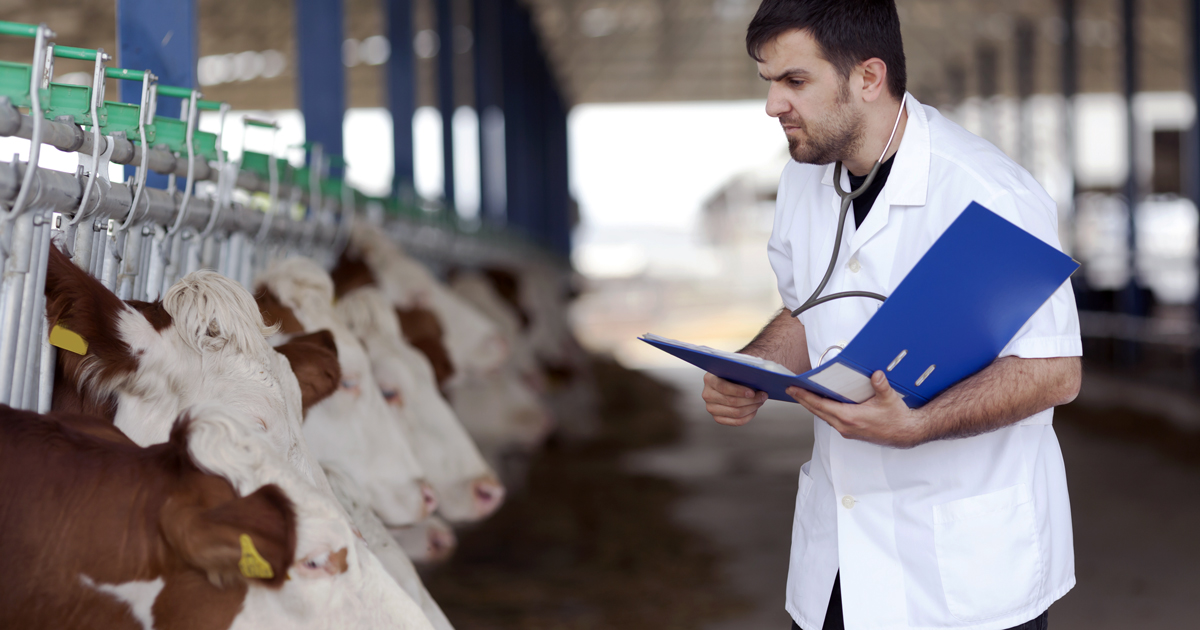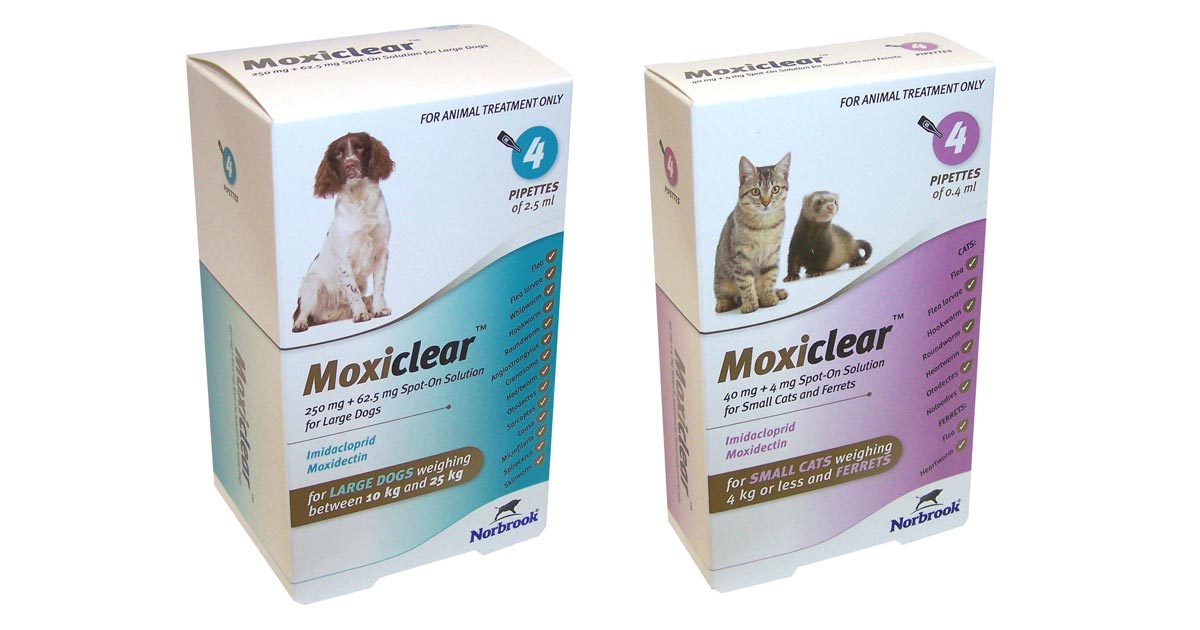Before coming to university, I never really gave much thought to the life or journey of my food before it ended up on my plate; I wasn’t well informed on the topics of air miles, methane production or abattoir welfare standards.
If you had asked me if I wanted to make sure the foods I ate were ethically sourced, had a low carbon footprint, or had once lived a healthy and happy life, I would have said “of course” – all of these things mattered to me on a subliminal level, but I don’t think I really grasped how any of these concepts were within my control.
Welfare
Animal welfare makes up such a large part of the veterinary course from the very first year, so it’s no wonder so many students are vegetarian or vegan by the time they graduate. I must admit that my Easter Sunday lunch was a little hard to swallow after my first-year lambing placement… and one week on a pig farm certainly had me seeing my Christmas pigs in blankets in a whole new light.
The vet course provides a window into the side of meat production the public will never access – and may not even want to.
In an ideal world (where every animal has a full and healthy life devoid of stress, discomfort or suffering before it is killed), I would have no qualms about eating meat, but the sad truth is that’s just economically and logistically unviable – at least for now.
But welfare isn’t as cut and dried as people might think. Take cows, for example: if you picture a happy cow, it’s probably roaming around in a field, right? Well, frustratingly, fields have many disadvantages – offering parasites, botulism and rogue pieces of metal, while providing no protection from the elements, nor a means for the farmer to moderate their food intake to ward off laminitis, hypocalcaemia and a bunch of other welfare issues.

The environment
Along with owning a pair of flared jeans, or developing calves of steel thanks to the endless hills, you didn’t go to the University of Bristol unless you’ve developed a complex over your carbon footprint.
One of the simplest ways to be more environmentally friendly is to eat less meat, but many studies are showing that a global move to veganism/vegetarianism is not the answer for our ever-growing population. A lot of land just isn’t suitable for crops, and rice farming already makes up more than 10% of global methane production.
Again, if we were looking for an ideal scenario, it would be to eat less meat, sourced locally and sustainably, and to value it enough to pay a price that would allow farmers to invest in greener technologies.
Student budgets
Working on farms at all levels of the course gives vet students an appreciation for how much farmers care about their animals, and how hard they work to balance that priority with sustaining a business. Even if you’re sceptical about the meat industry, there is always the option to do research into the farms and butchers that are close to you.
Frustratingly, making good choices from both a welfare and environmental perspective can be much pricier than the alternatives, and this has been one of my own drivers for decreasing my meat consumption during my uni career. Despite this, I still try very hard to make informed choices, and when I do buy meat I aim to prioritise quality over quantity wherever possible.
In very small, but meaningful ways, change is shaped by the decisions and purchases we all make, and understanding the steps that brought the ingredients from the farm to your plate fosters a respect and appreciation for what you are eating, beyond just its taste.


